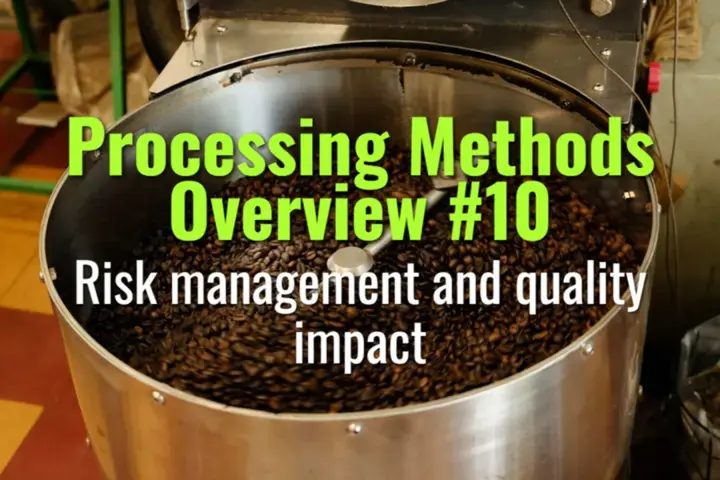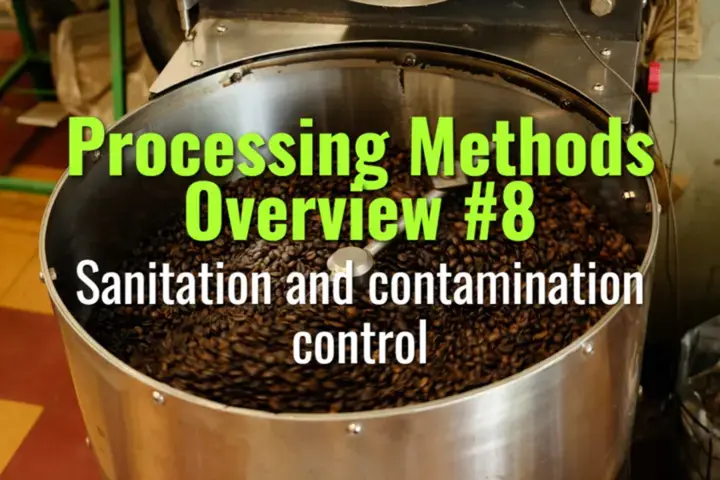
Common defects and remediation
This topic explains the common defects that occur in honey and pulped natural coffee processing, why they happen, and the practical remediation steps farmers can take to minimize losses.

This topic explains the common defects that occur in honey and pulped natural coffee processing, why they happen, and the practical remediation steps farmers can take to minimize losses.

This topic explains the importance of selective cherry picking and sorting in natural (dry) coffee processing, and how these steps affect quality, consistency, and flavor.

This topic explains how traceability is maintained during wet processing, from cherry reception through fermentation tanks, ensuring transparency, quality control, and market value.

This topic explains the first steps in washed coffee processing—cherry reception and flotation sorting—detailing how farmers ensure only ripe, quality cherries move forward in the process.

This topic explains the risks involved in coffee processing, how they affect quality, and the strategies producers use to minimize defects while maximizing flavor potential.

This topic explains the importance of sanitation in coffee processing, the risks of contamination, and the best practices used to ensure clean, consistent, and high-quality coffee.